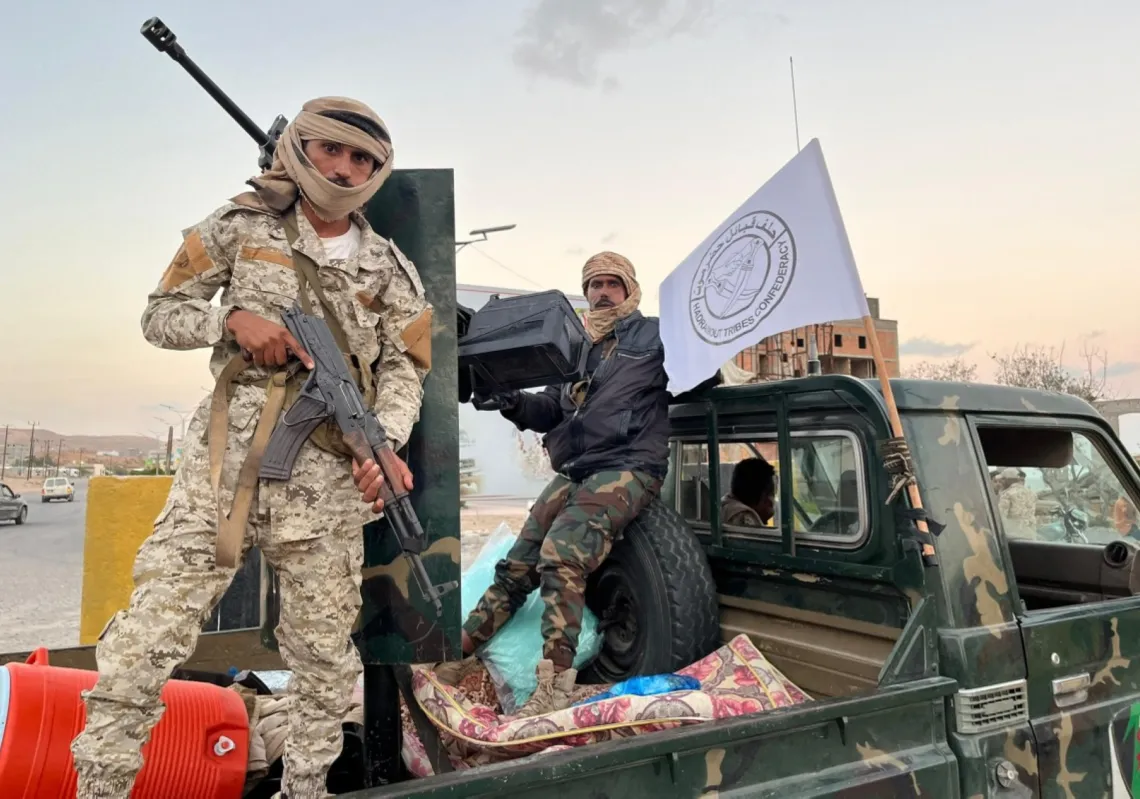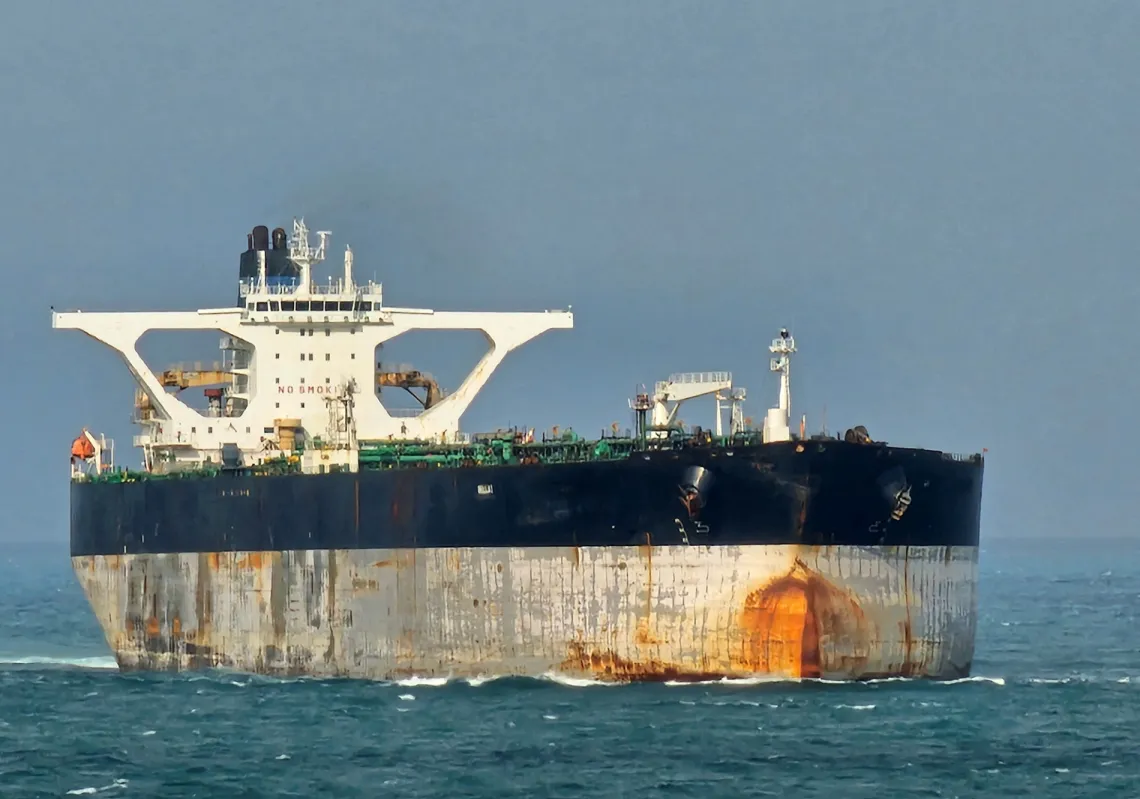The New Silk Road
Belarus, Russia, Kazakhstan, Kyrgyzstan, Tajikistan – each of these toponyms is better known to international investor community individually rather than collectively as the Eurasian Economic Community, or Eurasec. Yet in the mid-to-long run this group of former USSR countries – the centerpiece of the “New Silk Road” – has a distinctive potential for economic integration, namely in the fields of natural resources, power generation and distribution- key sectors for those emerging economies.
So far Eurasec appears as one of the most viable regional integration initiatives in the Newly Independent States. After almost a decade of government-driven negotiations criticized for their slow-paced coxing and boxing, the last 12 months resulted in a number of tangible achievements for Eurasian trading bloc. From 1 January 2010 Belarus, Kazakhstan and Russia are expected to levy a common single external tariff to other states and share a common Customs code. Harmonization of tripartite customs legislation is to be finalized by mid-2011, and all three countries have even declared an intention to enter the WTO as a trading bloc. In bid to ease liquidity, the governments have established a $10 bn mutual anti-crisis fund intended for sovereign and stabilization loans as well as for financing the capital expenditures of common projects.
The commitment of member states to common economic policies is energetic for natural reasons. In aggregate, Eurasec’s countries are endowed with the reserves of more than 27% of world’s gas, almost 10% of world’s oil and 25% of world’s uranium. Such specialization motivates those economies to shift their status from mere commodity sources to a global collective energy player. The ultimate objective of creating a single energy and especially electricity market has been repeatedly stated by Eurasec’s officials. Whether this alleviates collective Dutch disease or provides a placebo is another matter, but what is important from the point of view of potential investor in Eurasec is the macroeconomic situation.
The Macroeconomy of Eurasec
While the political stability of the Customs Union members is unlikely to deteriorate in the middle term and their economic recovery from the global financial crisis is slightly faster than worldwide, privatization is not yet complete in the Central Asian countries. Russia has recently announced its intention to reduce the State’s share in key corporates (including oil & gas) and launch a new cycle of privatization. At the same time, all Eurasec countries are facing needs for recapitalization of their banking industries and securing long-term funding for intensive capex requirements of its real sector, especially in natural resources and infrastructure which modernization is a sine qua non for further development of regional pipeline and electricity networks. Another key issue is the management of the region’s hydroelectric potential in the conditions of uneven distribution of resources between the countries bordering the Ferghana valley.
Access to sovereign funds is essential in this situation and the creation of in-house Eurasian Development Bank by Eurasec is a sound measure, especially given member states’ aspiration towards more autonomous foreign policy. However, it remains a minor assistance tool, while the Community is disparately more dependent on the investment from the West and Japan than on investment within Eurasec.
Another reason of the strife towards becoming an international power heavyweight is Eurasec’s significant electricity generation capacity and desire to tap into lucrative Asian markets. Chinese demand alone would be able to boost the electricity export of the whole Commonwealth of Independent States by 200%. Given the ongoing reform of Russian power market and investment expansion of Russian gencos in Central Asian countries, Eurasec would be a regionally-framed impulse towards further price liberalization.
Uzbekistan used to be the sixth permanent member of Eurasec but has temporarily suspended its membership in December 2008. Such strategy is consistent with the country’s competition for regional leadership with Kazakhstan and is part of historic manoeuvring between Russia, China and the West throughout last two decades. Yet for the region’s energy Uzbekistan’s stance has a particular importance – it is a major regional natural gas supplier within the region, 3 global uranium producer and a blocking stakeholder of hydroelectric power generation projects on principal trans-border rivers of the region – Amu Darya and Syr Darya.
On one hand, Russia’s “locomotive” role in Eurasec, if supported by proper financial involvement, may provide it with a better leverage over Central Asian pipeline projects. So far Central Asian gas was transported via Gazprom-dominated “Bukhara-Ural” and “Central Asia-Centre” routes. The feasibility of pipeline projects circumventing Russia and Iran, such as Nabucco or Trans-Caspian, remained doubtful for various geopolitical and economic reasons.
On the other hand, Uzbekistan has significantly increased its export capacity and additional gas volumes are regarded as a means of diversification of its sales structures. Since the future of Uzbekistani gas supplies to the West remains unclear, China is the main alternative destination. Its role is proven by a pipeline project from Uzbekistan to China and by already existing gas pipeline Central Asia-China for Kazakhstani and Uzbekistani gas.
The bargaining power of Central Asian oil and gas-producing countries demonstrates that even though Russia’s weight in Eurasec is close to dominant and the single tariff implementation is imminent, the trading bloc is unlikely to become a members-only investment club. On the contrary, in the middle term Eurasec is likely to be regarded by its members as another framework agreement, without any limitations on acquisitions of non-strategic participatory interest in own natural resources entities by foreign investors, especially given the current tight macroeconomic context.
Nikolay Murashkin - UK-based researcher with a speciality in the energy sector and regional focus on Central Asia.








